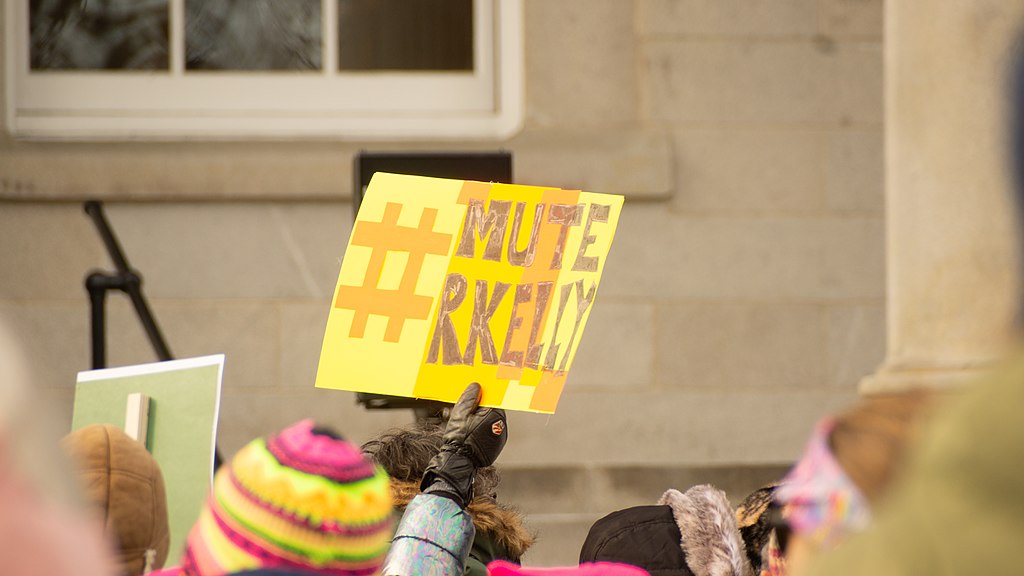
Accountability, at last.
After decades of allegations and rumors of sexual harassment and assault of minors, producer and singer R. Kelly (real name Robert Sylvester Kelly) was found guilty Monday of all nine sex trafficking and racketeering charges he was facing in federal court.
“Today’s guilty verdict forever brands R. Kelly as a predator, who used his fame and fortune to prey on the young, the vulnerable and the voiceless for his own sexual gratification,” Jacquelyn Kasulis, acting US attorney from the Eastern District of New York, told CNN.
From a secret marriage to a then-15-year-old singer Aaliyah, to numerous lawsuits from women who allege he leveraged his power to coerce them into sex, his deplorable behavior was well-documented, and widely discussed. Yet he evaded justice — until now.
It is, indeed, a long-awaited day for those who have been campaigning for justice for Kelly’s victims, who are mostly Black girls and women. And ultimately, it was Black women themselves who helped usher in this moment.
The dominoes began to fall when the #MeToo movement, created by activist Tarana Burke in 2006, took off in 2017 following the publication of allegations against film producer Harvey Weinstein.
As part of that groundswell against sexual harassment and assault in the arts and workplaces, there was a cry for increased scrutiny of Kelly’s misdeeds, much of it organized under the previously established #MuteRKelly movement. That effort, started by entrepreneur and political strategist Kenyette Barnes and activist and arts consultant Oronike Odeleye, sought to cut off financial support for Kelly’s career by encouraging music streaming platforms to divest from his music, and for venues and artists to refuse to work with him.
Then, in 2019, a Lifetime docuseries called “Surviving R. Kelly” debuted. Executive producer Dream Hampton interviewed numerous accusers throughout its three episodes, bringing renewed attention to Kelly’s behavior over the years. A considerable number of charges are filed against him later that year.
Now, nine guilty verdicts have been handed down. And people are relieved, to say the least.
“Black women have been in this country for a long time and … our bodies were never ours to begin with,” Kalimah Johnson, executive director of sexual assault survivor organization SASHA Center in Detroit, told the Associated Press. “No one allows us to be something worthy of protection — a human that needs love, and sacredness.”
It’s as if, she added, “there’s nothing sacred about a Black woman’s body.”
Which is why today, none are more relieved by those guilty verdicts than Kelly’s victims.
“For years, I was trolled for speaking out about the abuse that I suffered at the hands of that predator. People called me a liar and said I had no proof. Some even said I was speaking out for money,” one survivor, Jerhonda Pace, wrote in an Instagram post. “Speaking out about abuse is not easy, especially when your abuser is high-profile. However, I DID IT. Me speaking out caused a domino effect and so many people came forward.”
“I’m happy to FINALLY close this chapter of my life,” she added. “I testified and the jury found him guilty.”



